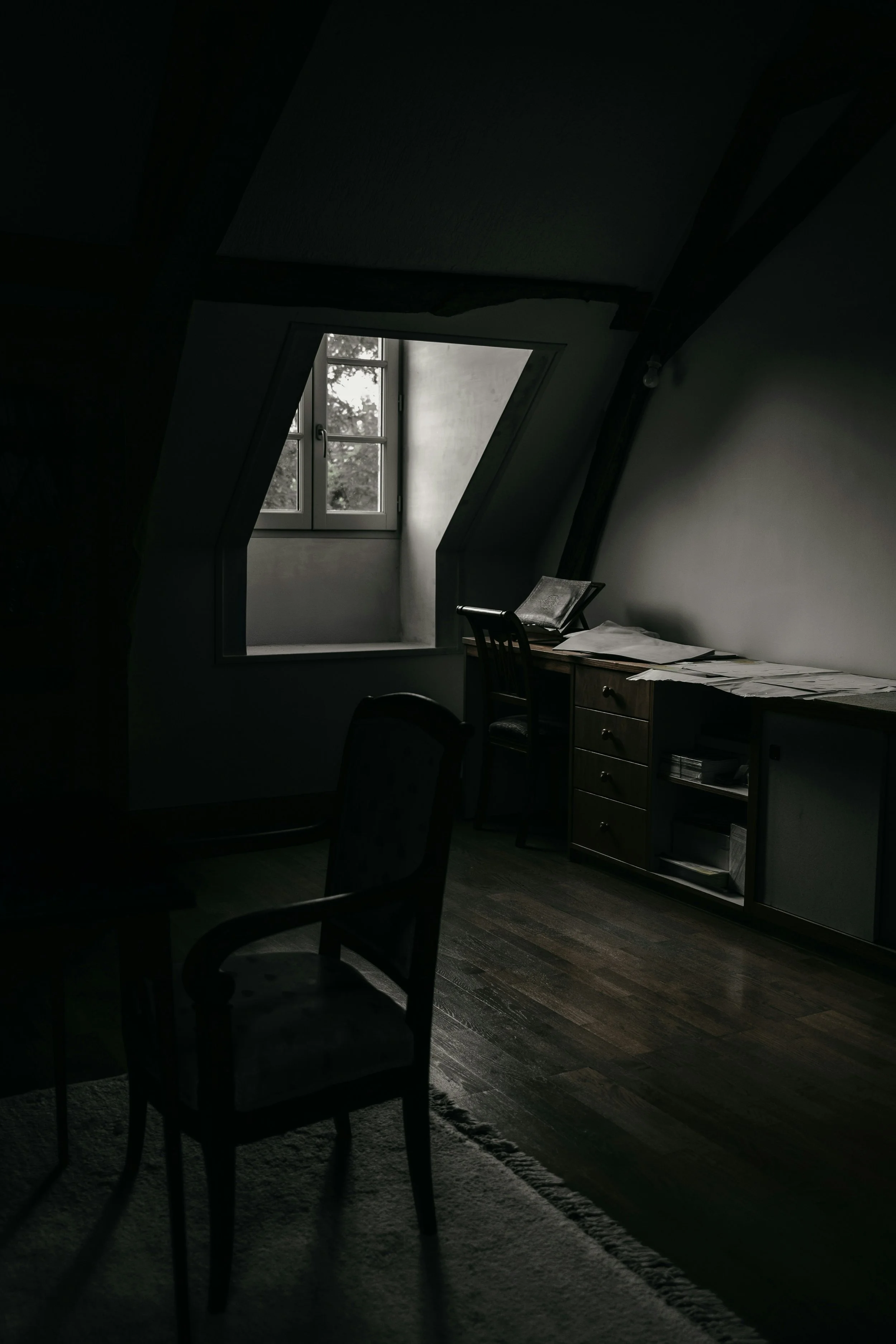Isolation: The Hidden Red Flag of Abuse
Isolation is one of the most dangerous, and most overlooked, forms of emotional abuse.
Isolation Happens Subtly
Some red flags of abuse are loud — yelling, threats, insults. Others are so quiet and gradual, you may not realize they’ve happened until you look around and feel completely alone.
Abusers often isolate you from the people and things that once brought you joy, safety, and perspective. It usually doesn’t start with “You’re not allowed to see them.” Instead, it sounds like:
“Your family stresses you out. I’m just trying to protect you.”
“Why do you tell your friends everything? That’s private.”
“I just don’t trust them. They don’t really like us.”
“You’ve changed since you started that job/hobby. You don’t care about us anymore.”
Over time, your world gets smaller.
You might stop reaching out to friends. You dread family visits because of the drama it causes. You quit a job, a class, a group — not because you wanted to, but because it wasn’t “worth the fight.”
This isn't love. It’s control.
Isolation makes you more dependent on your abuser. It keeps you in confusion because the people who might validate your experience — or help you see it clearly — are no longer close by.
But the moment you name it, you weaken its power.
You are not imagining things.
Your disconnection isn’t random.
And it’s not your fault.



